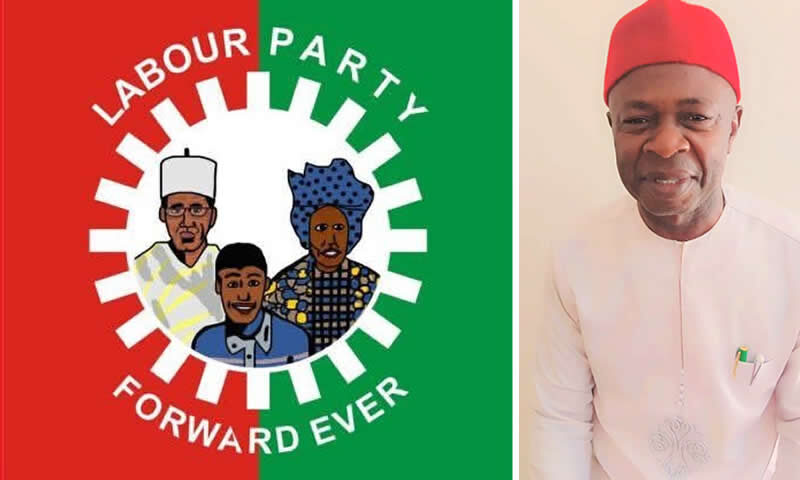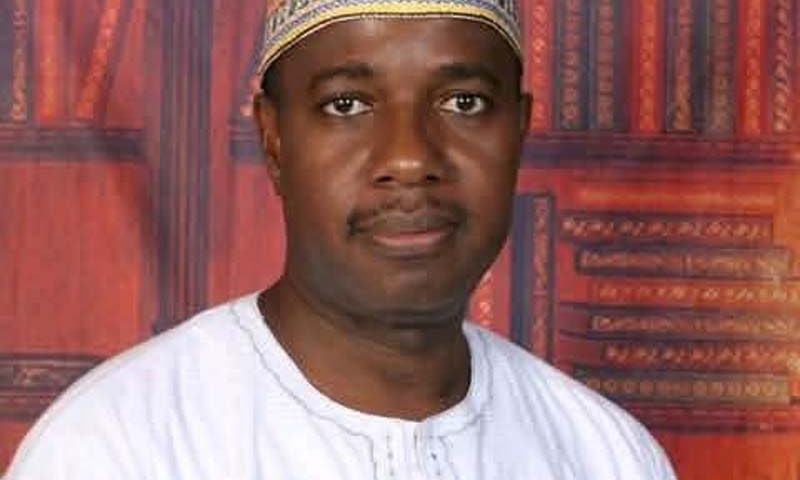“You must rise to defend yourselves,” he declared. “The armed forces are not neutral. They collude with the bandits to kill people, kill Nigerians… If you are depending on the armed forces to stop the killings, you will all die one by one.”
As insecurity festers across Nigeria — from banditry and terrorism in the North to kidnappings and rural violence in the South — a troubling paradox confronts the nation: the Nigerian state has all but failed in its duty to protect citizens, yet it refuses to allow them the means to protect themselves.
This contradiction is at the heart of a national debate around gun control and the right to self-defense. While the law ostensibly supports self-protection, it effectively disarms the law-abiding, leaving them vulnerable to criminals who roam freely, heavily armed and emboldened.
Constitutional Rights vs. Practical Realities
Section 33(2)(a) of the Nigerian Constitution allows for the use of force, including lethal force, in self-defense. This right, however, is rendered toothless by Nigeria’s Firearms Act (Cap F28, LFN 2004), which heavily restricts civilian access to firearms. Licenses are difficult to obtain, and even when granted, they cover only a narrow range of firearms — often unsuitable for the kind of threats citizens face today.
As criminal gangs and terrorists wield assault rifles and machine guns, the ordinary Nigerian — farmer, trader, or teacher — is left clutching little more than a stick or prayer beads.
The Danjuma Doctrine
In March 2018, retired General Theophilus Yakubu Danjuma, a former Chief of Army Staff and Minister of Defence, broke the silence in a bombshell speech delivered in Taraba State. “You must rise to defend yourselves,” he declared. “The armed forces are not neutral. They collude with the bandits to kill people, kill Nigerians… If you are depending on the armed forces to stop the killings, you will all die one by one.”
Danjuma’s words sent shockwaves through the country, not merely for their bluntness, but because they came from a man who had spent decades at the highest levels of Nigeria’s security establishment. He gave voice to what many already felt: that the Nigerian state had abandoned vast swathes of its population to the mercy of armed non-state actors.
His prescription was not a call to anarchy but a desperate plea for self-preservation in a country where trust in the state has collapsed.
A Country Overrun by Illegal Arms
Despite draconian laws, illegal firearms flow freely across Nigeria’s porous borders. From the North-East to the Middle Belt, and across the South, hunters, herders, and criminals brandish weapons far more sophisticated than anything the average citizen — or even local vigilantes — can legally possess.
Nomadic herders armed with AK-47s have repeatedly been linked to deadly raids on farming communities. Kidnappers use military-grade weapons to attack highways and urban centers. In many cases, victims report that security forces arrive hours too late — if at all.
The state’s response? Seizures of dane guns from hunters and roadblocks for motorists, while well-armed bandits hold entire communities hostage.
A Law for the Powerful, Not the Vulnerable
Gun licenses in Nigeria are often the preserve of the wealthy and politically connected. Governors and business tycoons move with convoys of armed security, while traditional rulers sit behind layers of protection. In contrast, villagers in Sokoto, school children in Kaduna, and farmers in Benue are left to face bullets with bare hands.
This skewed access to security has created a two-tier system of protection: one for the elite, and none for the rest.
Danjuma’s Warning Still Echoes
General Danjuma’s call may have been ignored by officialdom, but many communities have quietly heeded it. Across the country, vigilante groups, local hunters, and neighborhood watch units are arming themselves — sometimes illegally — to defend their homes and families. The risk of abuse exists, but for many, the greater risk lies in inaction.
Unfortunately, without a legal framework to train, monitor, and regulate these civilian defense efforts, the line between protection and vigilantism is thin and dangerous.
Towards a Balanced Policy
Security experts now argue that a reassessment of Nigeria’s firearms policy is not only overdue, but necessary. Responsible gun ownership — governed by biometric registration, psychological screening, and mandatory training — could help empower vulnerable communities without descending into lawlessness.
A community-based licensing scheme, similar to what is practiced in some rural counties in the U.S. or in South Africa’s farm security model, may provide a middle ground. This would not arm the entire population but would give law-abiding citizens — especially in high-risk areas — a fighting chance.
Conclusion
Nigeria’s gun control laws, in their current form, protect no one but the criminals. They disarm the vulnerable while failing to disarm the violent. As former Defense Minister General Danjuma warned, “If you wait for government to defend you, you will die one by one.”
It is time for the government to act — not just with words and policy documents, but with a bold, balanced, and people-focused reform of the national firearms regime. Only then can Nigeria restore trust in its ability to protect all citizens — not just the privileged few.
* Copied






